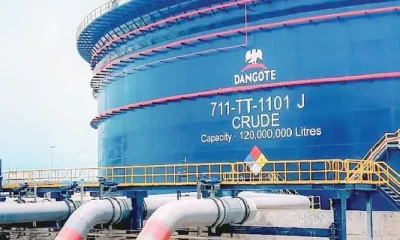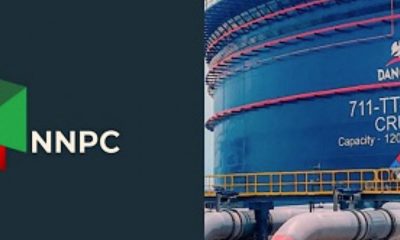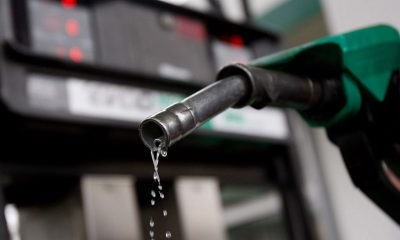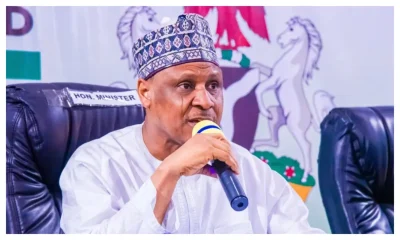BUSINESS
Dangote, DAPPMAN Clash Over N1.5tn Subsidy Claims
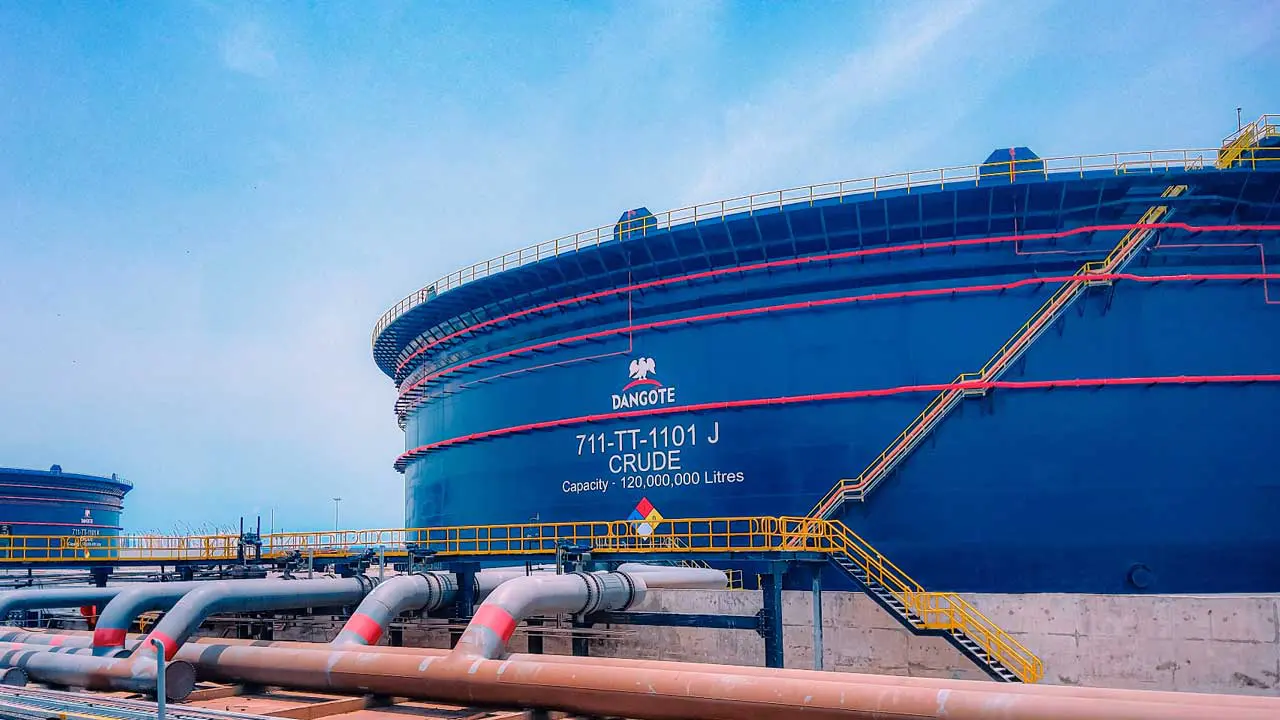
The Nigerian petroleum industry, already navigating a complex post-subsidy landscape, is now embroiled in a high-stakes public dispute between Dangote Refinery and the Depot and Petroleum Products Marketers of Nigeria (DAPPMAN). At the heart of the conflict are explosive allegations from both sides, centered on a massive N1.5 trillion fuel subsidy claim and accusations of smuggling and monopolistic practices. The war of words, which has captured the attention of the nation, threatens to disrupt the fragile stability of the domestic fuel market and exposes the deep-seated issues that have long plagued Nigeria’s oil sector.
In a strongly worded statement issued on Wednesday, the Dangote Refinery, the new 650,000-barrel-per-day private refinery, accused DAPPMAN of demanding a subsidy of N1.5 trillion from the refinery to enable its members to align with the company’s gantry price of N820 per liter. The refinery swiftly rejected the demand, stating, “We wish to make it clear that we have no intention of increasing our gantry price to accommodate such demands, nor are we willing to pay a subsidy of over N1.5 trillion, a practice that historically defrauded the Federal Government for many years.” The statement referenced a controversial past, where a similar subsidy regime led to a corruption-riddled system that cost the government billions of dollars. The Dangote Refinery further alleged that while it exported 3,229,881 metric tonnes of various products, including PMS, marketers imported 3,687,828 metric tonnes between June and September 2025, suggesting a pattern of continued reliance on importation despite domestic refining capacity. The company added to its list of accusations by claiming that DAPPMAN was actively involved in smuggling and diverting petroleum products to neighboring countries, a crime that has been a major national security concern for decades.
DAPPMAN, in an equally fiery response, vehemently denied all the allegations and gave the Dangote Refinery a seven-day ultimatum to either retract its claims or face legal action. The association of petroleum marketers challenged Dangote to provide verifiable evidence for its accusations of smuggling, a serious crime that they insisted should be handled by relevant government agencies if any of their members were found to be complicit. In a powerful counter-allegation, DAPPMAN accused the Dangote Refinery of offering discounts of over $40/MT to foreign traders while denying Nigerian marketers access to coastal vessel loading and restricting them to gantry-only lifting. This practice, if true, would give foreign buyers a significant competitive advantage over their Nigerian counterparts and could be seen as an anti-competitive and monopolistic practice. The association stated, “We challenge Dangote Refinery to present verifiable evidence that DAPPMAN members are diverting products to neighboring countries. Smuggling is a national security matter. If any member is complicit, let the relevant agencies act.” The threat of legal redress from DAPPMAN indicates a deepening of the conflict and a shift from a war of words to a potential legal battle that could have far-reaching implications for Nigeria’s downstream oil sector.
The dispute brings to the forefront the challenges of transitioning from a state-controlled, subsidy-laden market to a more open and competitive one. While President Tinubu officially removed the fuel subsidy in May 2023, the Dangote Refinery’s claim suggests that some players in the market are attempting to resurrect the old, corrupt system in a new form. The role of the Nigerian Midstream and Downstream Petroleum Regulatory Authority (NMDPRA) is now critical. The regulatory body is responsible for ensuring fair pricing, competition, and preventing illicit activities like smuggling. It will likely be tasked with investigating the allegations from both sides and ensuring that the market operates in a transparent and equitable manner. The ongoing dispute also comes on the heels of another legal battle for the refinery, as a court on Wednesday barred the Nigeria Union of Petroleum and Natural Gas Workers (NUPENG) from striking against it over alleged anti-labor practices. The dispute, therefore, is not an isolated incident but part of a larger struggle for control and influence in Nigeria’s most lucrative industry.

